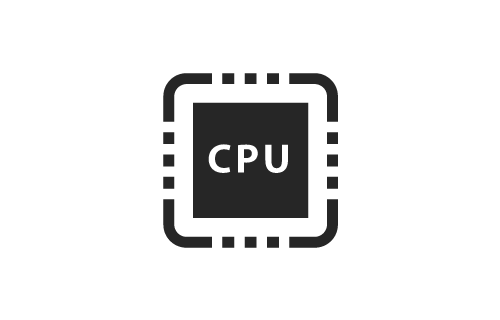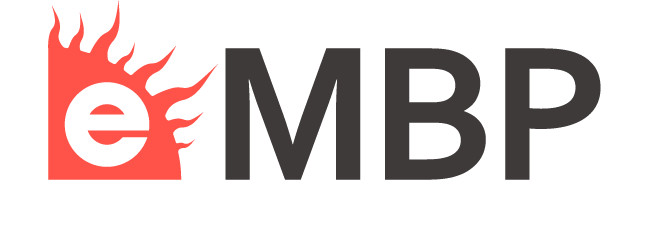
High Performance and Freedom From Interference (FFI)
Leveraging independent, distributed and lightweight microkernels, eMCOS® POSIX enhances reliability and permits real-time parallelism for efficient performance on multicore and manycore hardware. The open POSIX standard gives extra flexibility through the extensive reuse of source code. Choose eMCOS POSIX for hard real-time and load-balanced soft real-time support, and for greatest freedom from interference (FFI).
Learn more
Hardware and Software Scalability
eMCOS POSIX ensures flexibility and futureproofing, with its ability to support processors ranging from simple single-core embedded MCUs, to manycore SoCs with up to 256 cores, and multi-chip hardware. While eMCOS POSIX is an extended profile based on eMCOS, eMCOS Hypervisor® is an extension of eMCOS POSIX. You can use the same core technology and IDE for fast and easy development. AUTOSAR Adaptive libraries are easily deployed and eMCOS Hypervisor lets you virtualize mixed-criticality systems.
Learn more
High Robustness & Safety
A decade of development, combined with experience amassed from countless demanding customer projects that utilize AUTOSAR, ROS/Autoware and other middleware, have sharpened eMCOS POSIX to become the foremost platform for functional safety applications. Based on hardware memory-management units (MMU), it ensures the safest process separation. eMCOS offers the ultimate functional-safety credentials, meeting ISO 26262 ASIL-D, the highest pre-certified variant available.
Learn more
Easy development
eMCOS supports POSIX and AUTOSAR APIs that work with C, C++ or other languages and let you reuse existing POSIX-compliant AUTOSAR and Linux software assets. No need to learn a new toolchain, with the eDEVS® Eclipse-based IDE, and the standard user interface based on POSIX simplifies development. eMCOS comes with runtime software and BSP containing basic middleware and device drivers, and already supports software frameworks such as DDS, ROS/ROS 2, and Autoware.
Learn more







